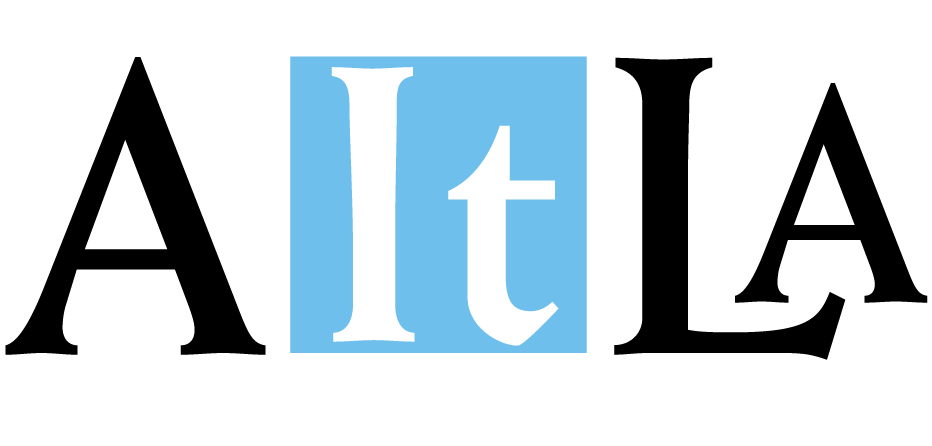Università dell'Insubria, Como (Italy), 16-17 October 2014
International Workshop
Pragmatic Markers, Discourse Markers and Modal Particles: What do we know and where do we go from here?
The workshop aims to contribute to the discussion on the emergence and use of pragmatic markers (PMs), discourse markers (DMs) and modal particles (MPs). Although terminologies and classifications dramatically diverge in this field, for the sake of clarity PMs can be broadly defined as markers of functions belonging to the domains of social cohesion (the hearer-speaker relationship, the social identity of H and S, the type of social act performed; e.g. please, danke, if I may interrupt, etc.), DMs as strategies to ensure textual cohesion (discourse planning, discourse managing, information status; e.g. utterance initial usages of but, anyway, still, etc.), and MPs as signals of personal stance (the speaker’s perspective towards the discourse and the interlocutor; e.g. German ja, eben, doch etc.). In pragmatics and in grammaticalization studies PMs, DMs, and MPs have been the object of extensive investigation. However, their heterogeneous character – along with the fact that they derive from many different sources, and that these items are often multifunctional – has often resulted in fragmentary descriptions that fit well the facts of a given language or group of languages, but may be seriously challenged when one tries to apply the lessons learnt from the analysis of a single language to other languages. The workshop, organized as part of the Italian National Research Program “Linguistic Representations of Identity. Sociolinguistic Models and Historical Linguistics” (www.mediling.eu), welcomes papers providing new insights into classical issues such as the delimitation and categorization of the three categories of PMs, DMs and MPs, as well as papers exploring other crucial (but somewhat less discussed) issues, such as, for instance, the sociolinguistics of PMs, DMs and MPs. Particularly encouraged are cross-linguistic or contrastive studies that take into account the languages of the Mediterranean area, which are the focus of the Research Program, but contributions on other languages and language families (especially underdescribed ones) are equally welcome.Call for papers
Authors are invited to submit a one-page abstract (with one additional page for examples), keeping in mind that the slot for their communication will last 30 min. including discussion. Abstracts should be anonymous and should be sent as attachments in PDF format to: Questo indirizzo email è protetto dagli spambots. È necessario abilitare JavaScript per vederlo. Author(s) name(s) and affiliation should be indicated in the body of the e-mail. The abstracts will be anonymously reviewed by two members of the Scientific Committee. The publication of a selection of the papers as a book or a special issue of an international journal is envisaged.Important dates
- 30 May 2014: deadline for abstract submission
- 30 June 2014: notification of acceptance; (free) registration starts
- 9 October 2014: registration ends
- 16-17 October 2014: workshop
